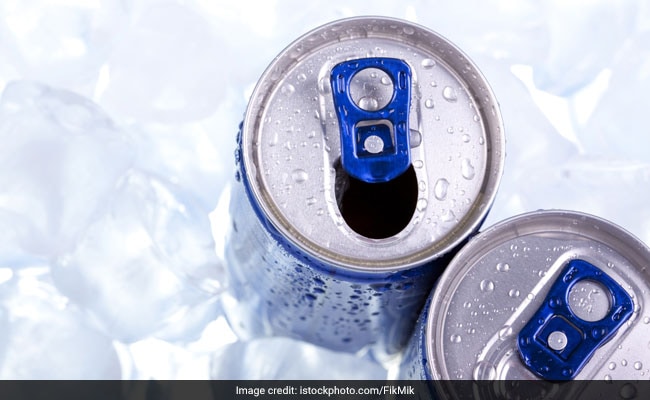
The spike in calls to poison control were recorded and studied by the researchers from the Center for Injury Research and Policy and the Central Ohio Poison Center, both at Nationwide Children's Hospital in Ohio. The data collected spanned over a decade.
Energy products, and botanical and cultural medicines were found to have the highest proportion of severe and critical medical outcomes. 'Yohimbe', a member of the botanical category of supplements, was accounted for the largest proportion of serious medical outcomes (28.2 per cent).
"Exposures to 'yohimbe' and energy products can be dangerous, suggesting the need for child-resistant packaging, caregiver education and FDA regulation of these substances," said Henry Spiller, director of the Central Ohio Poison Center at Nationwide Children's.
Common belief that dietary supplements hold the same safety standards as over-the-counter medications can be accounted as one of the reasons in the upsurge of the medical cases.
Gary Smith, senior study author and director of the Center of Injury Research and Policy at Nationwide Children's said, "However, dietary supplements are not considered drugs, thus they are not required to undergo clinical trials or obtain approval from the FDA prior to sale, unless the product is labelled as intended for therapeutic use."
Data for the study were obtained from the National Poison Data System, which is maintained by the American Association of Poison Control Centers (AAPCC). Researchers found the rate of calls regarding dietary supplement exposures increased (46.1 per cent) during 2000-2002, decreased (8.8 per cent) during 2002-2005 and increased again (49.3 per cent) from 2005-2012.
The study further noted that about 70 per cent of dietary supplement exposure calls occurred among children younger than six-years-old and the majority of these were unintentional. Out of which, most exposures (97.3 per cent) occurred at home, and in more than 97 per cent of the cases, the child was found to swallow the substance. 4.5 per cent of exposures were attributed as serious medical outcomes, and the most serious outcomes (95 per cent) occurred among children six years and older.
'Yohimbe' may cause heart beat rhythm changes, kidney failure, seizures, heart attack and death. And about 30 per cent of 'yohimbe' exposure calls circled around these moderate or major effects.
(Inputs IANS)
Track Latest News Live on NDTV.com and get news updates from India and around the world

